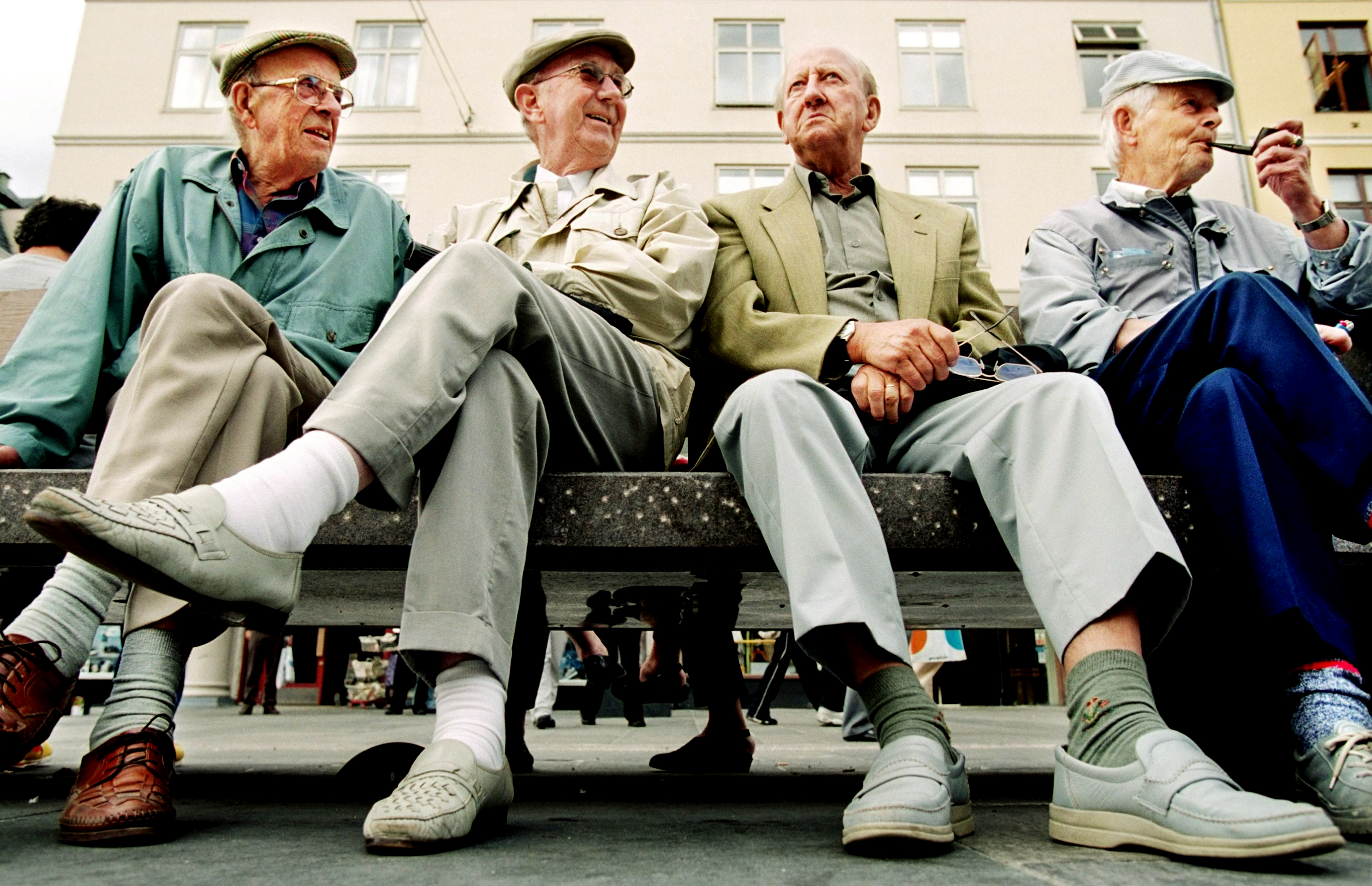“Loneliness and the feeling of being unwanted, is the most terrible poverty“– Mother Teresa
Yet, for many older people, loneliness and social isolation are the normal state of affairs. A recent study by the Office for National Statistics (ONS) found that 34% of people aged 52 and over felt lonely often or sometimes, with this figure reaching 46% for people aged 80 or over. Rather worryingly, a report by Age UK also suggested that over half of older people consider the television as their main source of company.
In many respects, these figures may not be too surprising, with some arguing that this is simply the by-product of changing societal attitudes. Conversely, it could also be said that these changes are a response to the demands of busy modern life. For example, a report published by the Royal Voluntary Service highlights that, because of uncertainty in the job market, many children have to move away from their parents for work reasons. The impact of this is that many older people are seeing their families less and less, with 48% of parents only seeing their children once every two to six months.
The reasons for this ‘loneliness epidemic’, as some have called it, will be deliberated for years to come. However, the need for policy makers to address the situation can quite clearly be seen if we start to look at the impact loneliness and social isolation has on the health of older people. For instance, the evidence suggests that those who are lonely have a 64% increased risk of developing clinical dementia. They are also more likely to suffer from physical conditions such as high blood pressure and cardiovascular disease, as well as mental health issues, including: anxiety; stress; and depression. Further, those who are lonely are far more likely to make poor lifestyle choices, such as: drinking excessively; smoking; and being overweight.
Therefore, what should be done to address loneliness and social isolation? There are a few different approaches discussed in the recent literature: group interventions; individual interventions; community wide interventions; and the use of information services. However, no matter what the option chosen by local communities, or even if a combination is chosen, it is clear that in a time of shrinking public sector budgets, proving a scheme’s cost effectiveness is a must.
One relatively cost effective option is befriending services. These involve identifying vulnerable people and providing them with support. They can be particularly effective at reaching people with obvious needs, such as the elderly leaving hospital and returning home. One estimate has put the cost per person of a befriending service at £300, with the approximate savings (the need for further treatment etc.) being around £900. In addition, Portsmouth City Council reports that from an £80,000 investment in mentoring and befriending services, they have saved an estimated £315,000 in home care costs. Portsmouth also highlights the improved health and well-being outcomes, noting that there has been a reduction in falls in the home since the schemes were introduced.
In conclusion, tackling loneliness and social isolation among older people is both necessary and achievable. From a moral perspective; it is important that vulnerable groups in society, such as older people, are supported to enable them to live healthy and happy lives. From an economic perspective; the cost of dementia care and the treatment of the elderly in hospitals, mean that we have to become more efficient at preventing health problems. Both these arguments highlight the importance of policy makers prioritising this situation and supporting those who work directly with older people.
Further reading (you may need to be a member to view some of these articles):
- Measuring national well-being: older people and loneliness, 2013 (Office for National Statistics, 2013)
- Evidence review: loneliness in later life (Age UK, 2014)
- Can a neighbourhood approach to loneliness contribute to people’s wellbeing? (Joseph Rowntree Foundation, 2014)
- Lonely Britain: Tens of thousands of elderly men and women are left home and alone (The Independent, 29 June 2014)
- Ageing alone: loneliness and the ‘oldest old’ (CentreForum, 2014)
- Loneliness amongst older people and the impact of family connections (WRVS, 2012)
- Britain’s loneliness epidemic (The Guardian, 22 January 2013)
- Loneliness and social isolation among older people in North Yorkshire (Social Policy Research Unit, 2014)
- Research into the scale, extent and impact of loneliness and isolation in the Cotswolds (Cotswold District Council, 2014)
The Idox Information Service has a wealth of research reports, articles, case studies and evaluations on social exclusion. For more information on the service, click here.
Share
Related Posts
By Donna Gardiner While free school meals (FSM) have been available in England on a means-tested basis since 1944, recent years have seen a renewed focus upon the potential benefits of providing free school meals to all school-aged children. Currently, ....
Today sees the start of Community Garden Week 2023. Across the UK, communities will be celebrating the many and varied types of community gardens, from children’s and neighbourhood gardens to therapy gardens and allotments. The benefits of community gardens are ....
By Hollie Wilson At the start of 2020, an independent review was published setting out what needed to be done to bring about changes to the care system for children and young people in Scotland. At the heart of the ....
The “No Wrong Door” (NWD) programme means exactly that – there is no wrong door to turn to for young people seeking support. NWD works on several core principles, which include working with young people’s birth family or guardians, allowing ....

